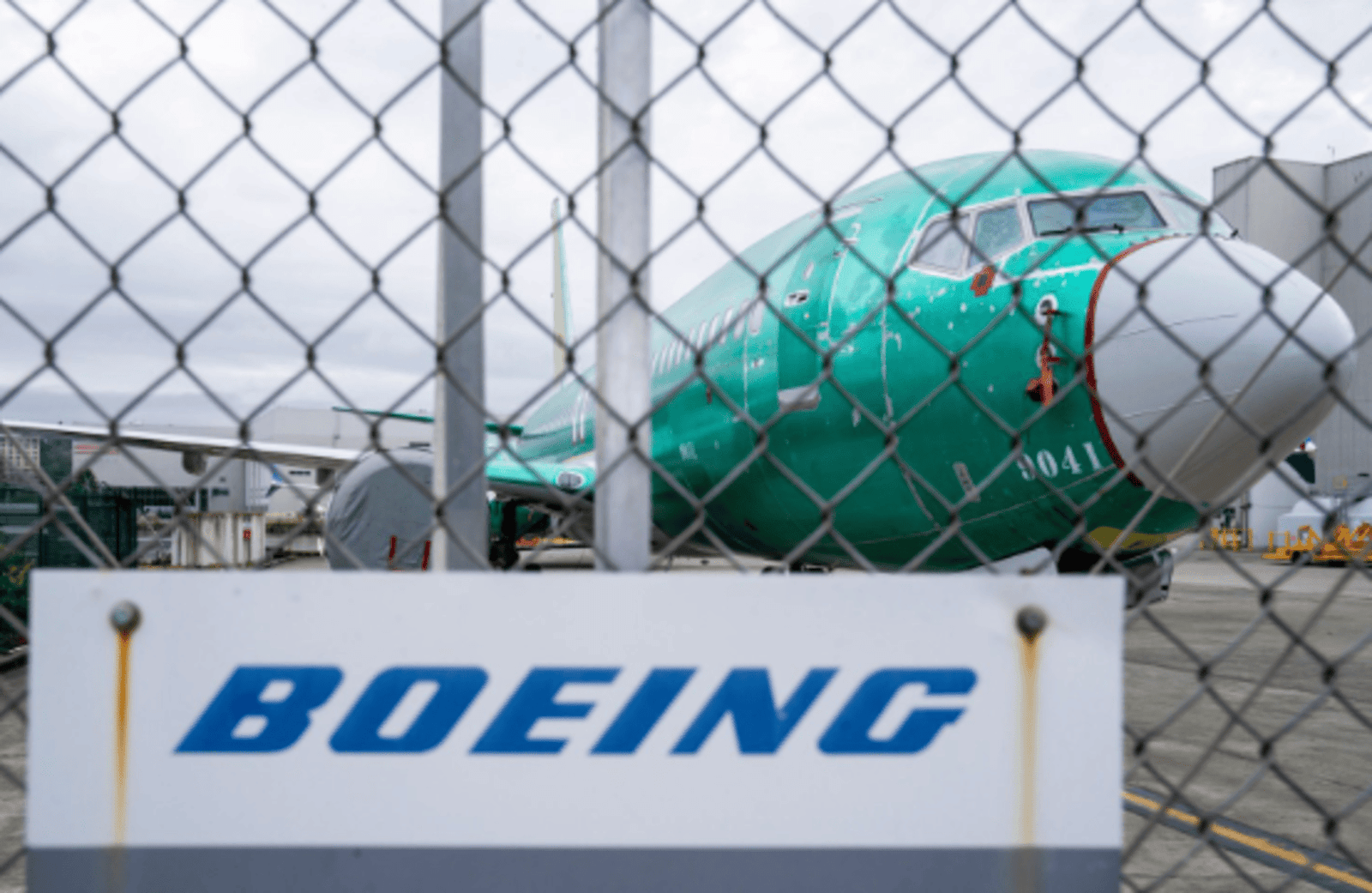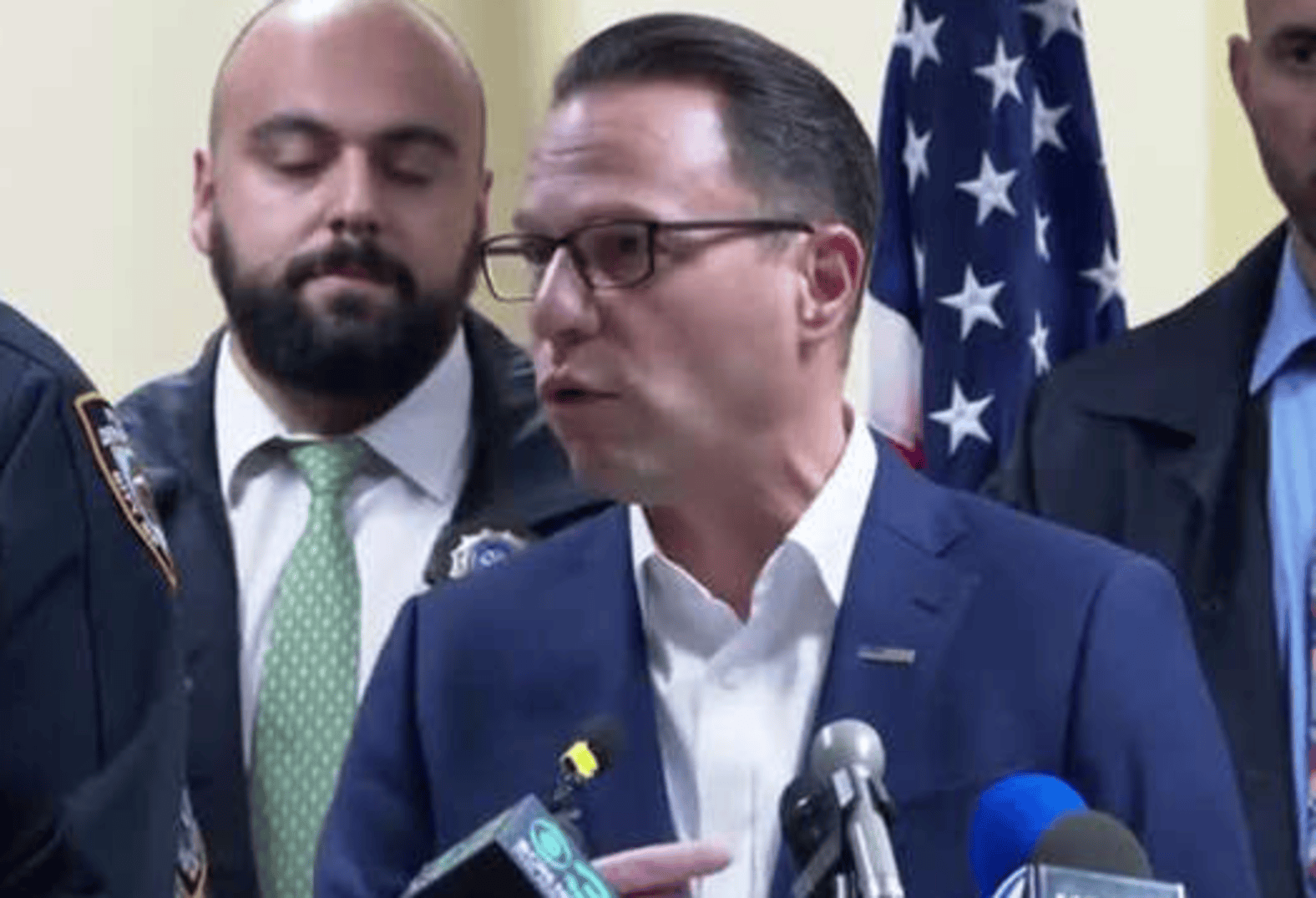
Boeing Reset: 5 Keys to Rebuilding Trust .New Leadership at Boeing: A Shift in Strategy
Boeing Co. is undergoing significant changes in its leadership. Ted Colbert, who led the defense and space division, is departing the company. This marks the first major personnel shift since Kelly Ortberg became CEO last month.Boeing Reset: 5 Keys to Rebuilding Trust
Interim Leadership
Steve Parker, the chief operating officer of the defense unit, will take over on an interim basis. He is expected to guide the division until a permanent replacement is found. Ortberg made this announcement in a message to employees on Friday. His leadership style suggests that more changes are on the horizon.

Challenges in the Defense Division
Boeing’s defense and space division has faced numerous challenges. Cost overruns on fixed-price contracts have plagued the unit. Additionally, negative media coverage surrounding the Starliner space capsule has added to the difficulties. This decision has hurt Boeing’s reputation.
Financial Concerns
The defense business is projected to affect earnings negatively in the upcoming quarter. Brian West, Boeing’s chief financial officer, indicated this at an investor conference.
Customer Frustration
Ortberg recently addressed the frustrations of Pentagon leaders. They have expressed concerns over delays and performance shortfalls. In a message on Friday, he emphasized the need for accountability. Weekly operating reviews will be implemented to monitor both commercial and defense businesses closely.
Customer frustration at Boeing has reached a boiling point, primarily due to ongoing delays and performance issues within the defense and space division. This dissatisfaction is not limited to a single event but stems from a series of missteps that have compounded over time. Key clients, including the Pentagon, have openly expressed their disappointment with Boeing’s inability to meet deadlines and adhere to contractual obligations.
One significant source of frustration is the persistent cost overruns associated with fixed-price contracts. These financial discrepancies have led to mistrust and skepticism among customers who rely on Boeing for timely and cost-effective solutions. As delays stretch on, critical missions are jeopardized, leaving clients in a precarious position. The impact of these setbacks extends beyond financial loss; it disrupts operational planning and raises questions about Boeing’s reliability as a partner.
The negative headlines surrounding projects like the Starliner space capsule have only exacerbated the situation. NASA’s decision not to use Starliner for astronaut returns further tarnished Boeing’s reputation, highlighting concerns about safety and efficacy. Such high-profile failures cast doubt on the company’s capacity to deliver innovative and dependable aerospace solutions.
To address these mounting frustrations, Boeing must prioritize open communication with its clients. Regular updates on project status and proactive engagement can help rebuild trust. Listening to customer feedback and being responsive to their needs are essential steps toward mending relationships.
Restoring Trust
Ortberg highlighted the importance of restoring customer trust. This is essential for fulfilling critical missions worldwide.
Recent History of Challenges
Ortberg stepped into his role during a turbulent time. Boeing is recovering from a crisis of confidence following a serious incident in January. This accident revealed significant quality issues in the manufacturing of commercial aircraft.
Stock Market Reaction
Following the announcements, Boeing shares showed some recovery. After-hours trading saw shares rise by less than 1%.
Future Directions
As Ortberg leads the company, more changes are expected. His approach emphasizes transparency and accountability. By addressing internal issues, he aims to restore Boeing’s standing in the aerospace industry. Employees and stakeholders are encouraged to support this transition.
As Boeing navigates its current challenges, the future direction of the company hinges on strategic innovation and robust leadership. With Kelly Ortberg at the helm, a renewed focus on accountability and performance improvement is paramount. His commitment to fostering a culture of transparency will be crucial in restoring stakeholder confidence.
One of the immediate priorities is enhancing operational efficiency within the defense and space division. This will involve streamlining processes and addressing the persistent cost overruns that have burdened the business. By implementing more rigorous project management practices, Boeing aims to mitigate risks and ensure that contracts are delivered on time and within budget.
Investments in technology and modernization will also play a vital role in Boeing’s future. Embracing cutting-edge innovations can help revitalize the product line and improve manufacturing capabilities. For instance, incorporating advanced materials and automation technologies could lead to significant enhancements in aircraft performance and safety. This aligns with the growing demand for more efficient and environmentally friendly solutions in the aerospace sector.
Furthermore, strengthening relationships with key stakeholders, including government agencies and commercial partners, will be essential. Engaging in open dialogue with the Pentagon and other customers will help identify their needs and expectations, paving the way for collaborative solutions. Ortberg’s approach to leadership emphasizes customer trust and satisfaction, which will be critical in fostering long-term partnerships.
Additionally, a renewed emphasis on employee engagement and morale is vital. As changes are implemented, keeping the workforce informed and involved in decision-making will help cultivate a sense of ownership and accountability. Training programs aimed at skill development will empower employees to adapt to new technologies and processes.
In summary, Boeing’s future direction is focused on enhancing efficiency, leveraging technology, strengthening partnerships, and fostering a motivated workforce. By addressing these areas, the company aims to emerge from its challenges stronger and more resilient.
Conclusion
With Ted Colbert’s departure, new opportunities arise for the defense and space division. Ortberg’s commitment to improving performance is clear. The next few months will be crucial in determining Boeing’s trajectory. The company aims to rebuild trust and achieve long-term stability.









